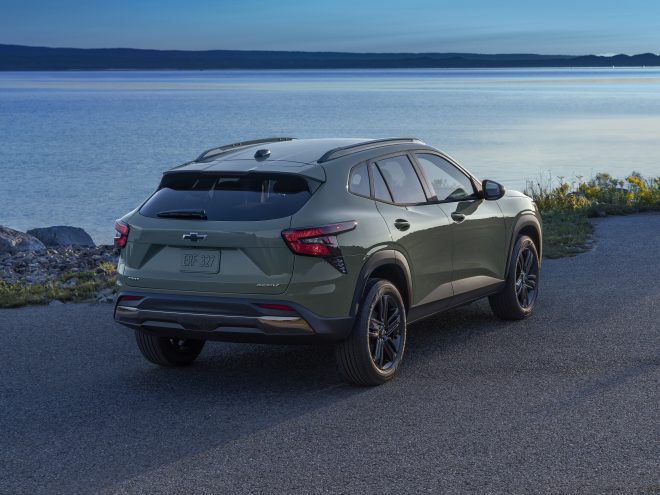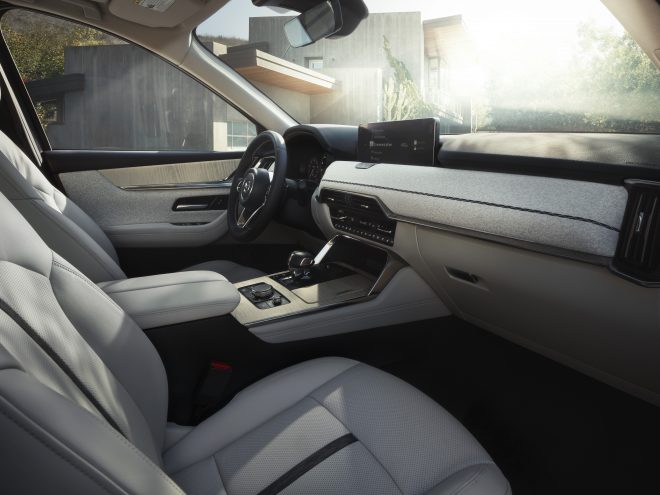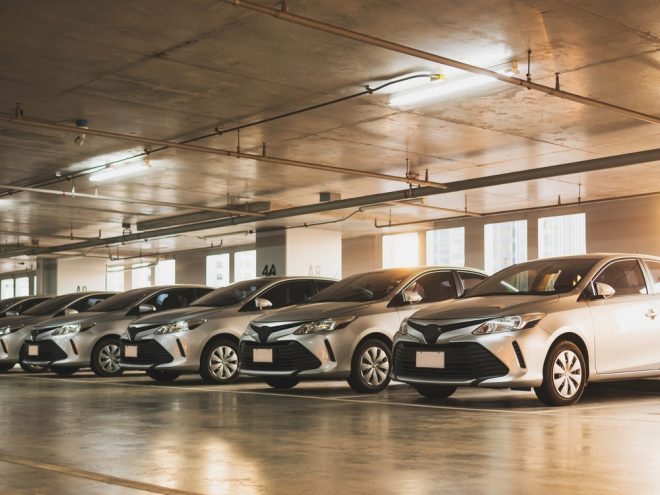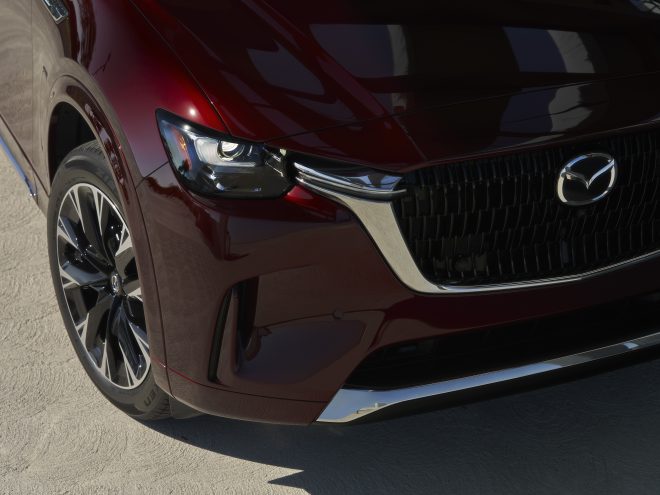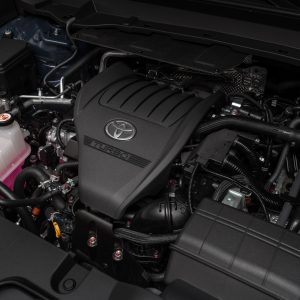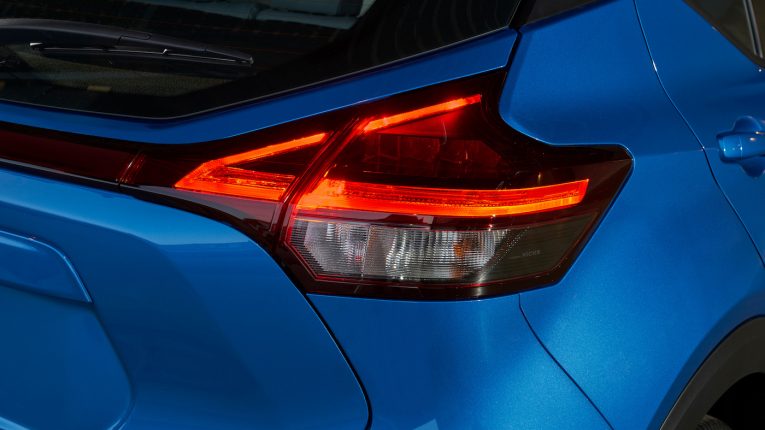
Your Best Guide to Vehicle Lease Agreements: What You Should Really Know
One of the biggest and heftiest investments you may have to make – next only to purchasing a house or flat – would be purchasing a vehicle, especially if you opt for a luxury model. But having a vehicle is necessary for most of us so we can freely get around and go to different places without any hassle. Purchasing a vehicle may be ideal for some, but if you are worried that you don’t have enough initial deposit or if you don’t like to think about the vehicle’s depreciation and having to sell it after several years, then vehicle leasing may be better. With a vehicle lease, you also don’t have to think about expenses such as MOTs and road tax, particularly since the vehicle will be new and road tax is usually covered in the contract. But what else should you consider? Here’s your best guide to vehicle lease agreements: what you should really know.
How it works
When you lease a vehicle, it’s effectively renting a vehicle for the long term. You will have to settle a fixed fee every month so you can use the vehicle, and you have to sign an agreement that specifies the specific period of time or duration of your use and your agreed-upon mileage. When you apply for a vehicle lease, you may have to undergo a credit check, but the credit checks may not assess or check your other expenses to make sure you can pay the monthly fee. This means, however, that you have to make sure that your monthly fee will fit into your budget.
What to expect
If you are thinking of leasing through a contract hire agreement, here’s what you can expect:• Your agreement will likely last from two years to five years• You may have to go through a check on your credit, which is often compulsory • You also have to settle an upfront deposit which is usually worth three months of the lease price per month• You will never be the owner of the vehicle, and you will have to return it once the term ends • The monthly payments may be higher compared to a PCP deal, but throughout the duration of the contract, you will most likely pay less • You may be able to get a maintenance deal or package that comes with annual road tax and servicing (check with the provider to be sure of what is included in the maintenance deal)• You will have to adhere to some stringent terms and conditions, such as an annual mileage limit.
The restrictions
Like other hire agreements, there are certain restrictions as well. These include not being able to modify or change the vehicle (such as adding tow bars) without asking permission first. You can, however, request changes from the provider before they deliver the vehicle to you. Also, if you go over the agreed-upon mileage, you will have to settle additional fees for the additional miles over the limit, which is usually 10 pence for every mile.
If you want to avoid the hassle of having to sell a vehicle or don’t want to spend too much for a deposit and a high monthly fee, vehicle leasing can be your best option – and it lets you have a luxury model that you may not otherwise be able to afford as well.

